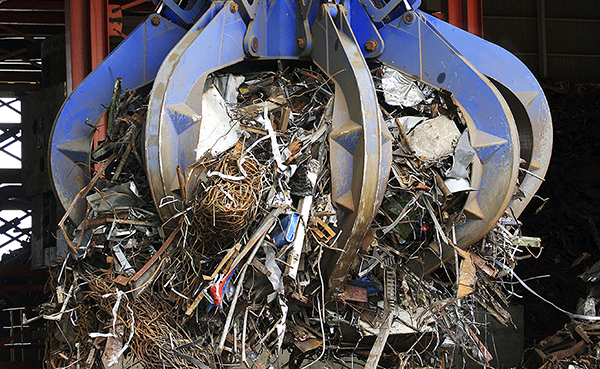The Eurasian Intergovernmental Council has adopted an action plan for 2021-2024 aimed at ensuring local scrap supply and improving logistics in the Eurasian Economic Union (EAEU).
The document contains measures from stimulating the collection and procurement of scrap to optimising logistics, and introducing environmentally friendly and energy-saving technologies for processing scrap, Kallanish learns from the Eurasian Economic Commission (EEC).
“The issue of raw materials supply for metallurgical enterprises is very sensitive for all EAEU countries, where about one third of steel is currently produced using scrap,” EEC observes. “After a comprehensive analysis, the conclusion is that in the EAEU there is virtually no shortage of scrap metal, scrap stocks are sufficient and it is only necessary to organise its efficient collection and logistics.”
The implementation of the action plan aims to solve the problem of raw materials supply for metallurgical enterprises in the union states. However, it is very important that the union does not impose any restrictions on the movement of metal within the EAEU, the commission adds.
The project will allow EAEU countries to apply export restrictions form January 2022 (see Kallanish passim). The ECC proposed last June to impose a ban on the export of scrap from the union.
Simultaneously with the introduction of a future ban on the export of scrap at the EAEU level, it is proposed to cancel similar decisions previously adopted at the national level by Armenia in 2021. Kyrgyzstan and Kazakhstan also introduced a temporary ban on the export of scrap outside the EAEU.
The Russian government’s sub-committee on tariff regulation previously issued a provisional decision to increase the minimum fiscal level of the 15% ferrous scrap export duty to €100/tonne ($113) from the current €75/t. This would be effective from 1 January for six months.
Russian scrap exports fell 8% on-year to 3.2 million tonnes in January-September.
Svetoslav Abrossimov Bulgaria






